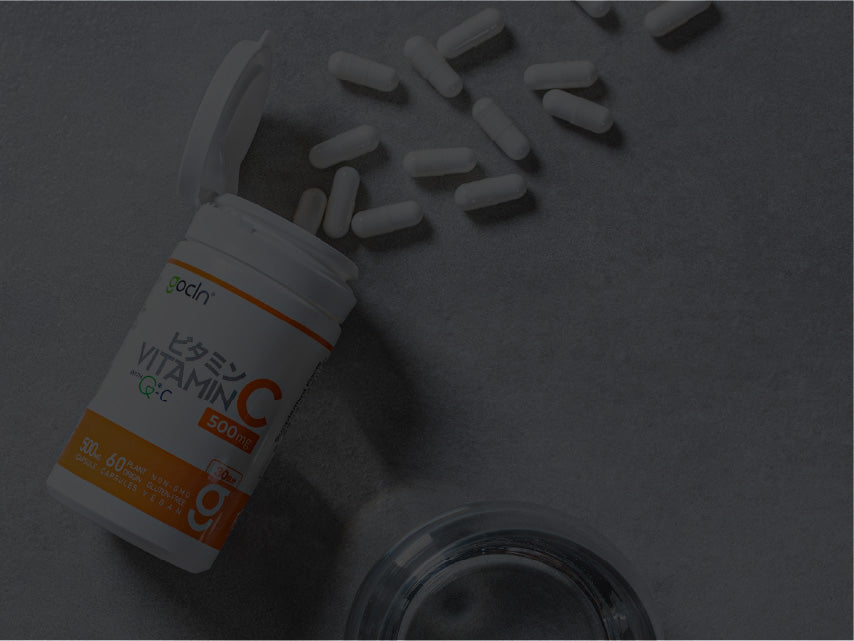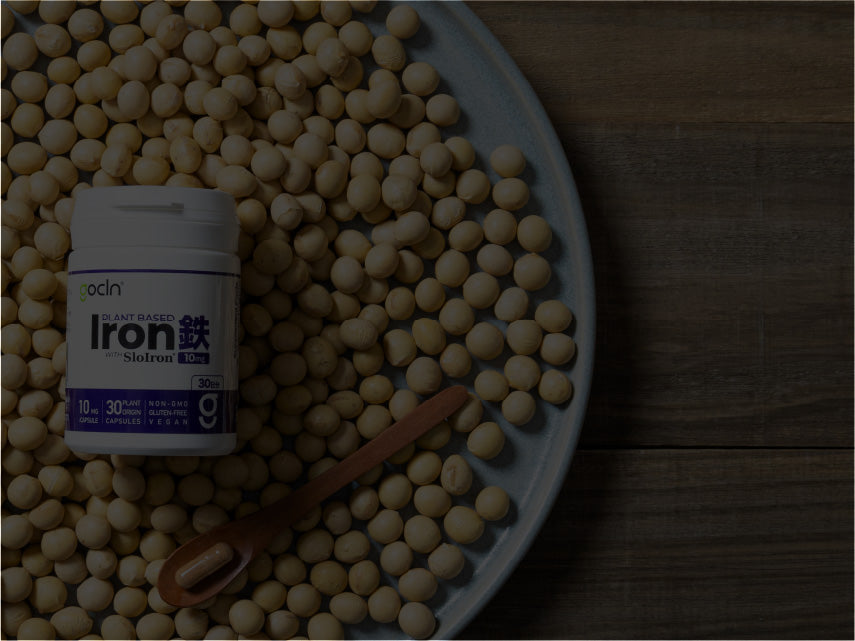What is vitamin D? Thorough explanation of effects, foods included, symptoms of vitamin D deficiency, etc.
About vitamin D

This time, we will explain about "vitamin D", which is becoming increasingly popular around the world.
``Vitamin D'' is a type of vitamin and a nutrient that helps absorb ``calcium.'' It is said that 90% of Japanese people lack this.
Calcium is a nutrient that strengthens bones and teeth, but what is surprisingly unknown is that calcium is difficult to absorb into the body .
Even if you actively take in calcium, most of it is excreted without being absorbed into the body.
Vitamin D increases the absorption rate of calcium.
So, what foods contain vitamin D, and what are the effects of a deficiency?
I have summarized the unknown points.
What foods contain vitamin D?

Many people may have the impression that vegetables are rich in vitamin D, but in reality, vitamin D is hardly found in vegetables, grains, beans, or potatoes.
Foods rich in vitamin D are fish and mushrooms .
Specifically, it is found in large amounts in sardines, saury, flounder, salmon, yellowtail, shiitake mushrooms, and wood ear mushrooms.
Fish is rich in not only vitamin D but also calcium, so it is a food that can kill two birds with one stone by efficiently ingesting calcium.
Also, vitamin D increases when Shiitake mushrooms are exposed to UV rays, so it is recommended to dry them in the sun before cooking.
Vitamin D is produced in the body by sunbathing

We mentioned that vitamin D can be obtained from food, but it is also a nutrient that is produced within the body.
Vitamin D is produced in the skin when exposed to UV rays .
The amount of sunbathing you need is to expose your face, hands and feet to sunlight between 10am and 3pm at least twice a week for 5 to 30 minutes in the summer without using sunscreen.・There is also research that shows that a sufficient amount of vitamin D can be produced in the body by showering on the back.
It is said that there is no harm to your body if you do it for about 30 minutes, but you may be reluctant to do so because you are concerned about sunburn and UV rays.
Especially if you are taking measures to protect yourself from UV rays, be sure to get it from food or supplements.
What happens if you have a vitamin D deficiency?

When the human body lacks vitamin D, it tries to compensate by dissolving its own bones .
As a result, in areas with low solar radiation, infants develop rickets, which causes joint swelling and bone deformity, and adults develop osteomalacia and osteoporosis, which cause impaired bone calcification. There is a possibility.
Vitamin D is said to be a nutrient that 90% of Japanese people are said to be deficient in, so it is important to be careful when consuming it.
Although a lack of vitamin D can affect bone health, too much vitamin D can also be dangerous.
Taking too much vitamin D can cause hypercalcemia, which can lead to loss of appetite and weight loss, and in severe cases, calcium can be deposited in the liver and arteries, leading to liver damage and arteriosclerosis.
This means that it is important to have a well-balanced intake.
Take vitamin D as a supplement

In order to get the amount of vitamin D you need each day, you need to eat a limited amount of food every day and get enough sunbathing without taking precautions against UV rays.
This is difficult in reality.
It's difficult to take in the required amount every day, which is why supplements exist.
GoCLN's supplements use QD (Quali D) from DSM, a reliable vitamin D raw material, and are designed to be simple and efficient.
We are passionate about developing products that support your health by using high-quality natural ingredients wherever possible.
If you are interested, please check it out.
Take a look at GoCLN's vitamin D
summary

Finally, we will summarize what you need to know about vitamin D.
- Vitamin D is a nutrient that helps absorb calcium
- Vitamin D is abundant in fish and mushrooms
- Vitamin D is produced in the body by sunbathing
- Vitamin D deficiency increases the risk of developing osteoporosis
- Effective when taken as a supplement
We live in an era where people live 100 years. No matter how old you are, you want to walk on your own two feet.
Remember that calcium and vitamin D intake are essential for keeping bones strong.
References
1. Dietary intake standards for Japanese people (2020 edition) Vitamins (fat-soluble vitamins) Ministry of Health, Labor and Welfare (confirmed on May 11, 2022)
https://www.mhlw.go.jp/content/10904750/000586561.pdf
2. Function of vitamin D and daily intake Healthy Longevity Net (confirmed on May 11, 2022) https://www.tyojyu.or.jp/net/kenkou-tyoju/eiyouso/vitamin-d.html
3. Status of seafood consumption Fisheries Agency (confirmed on May 11, 2022) https://www.jfa.maff.go.jp/j/kikaku/wpaper/h30_h/trend/1/t1_3_4_2.html
4. “Revised New Edition Nutrition Textbook” supervised by Yoko Nakajima, Shinsei Publishing, 2016
5. “This works! Eat and Heal: Latest Nutritional Encyclopedia” supervised by Yoko Nakajima, Shufunotomosha, 2017
6. “Illustrated Encyclopedia to Understand the Basics of Nutrition” Choji Nakamura, Seibidoshuppan, 2020



